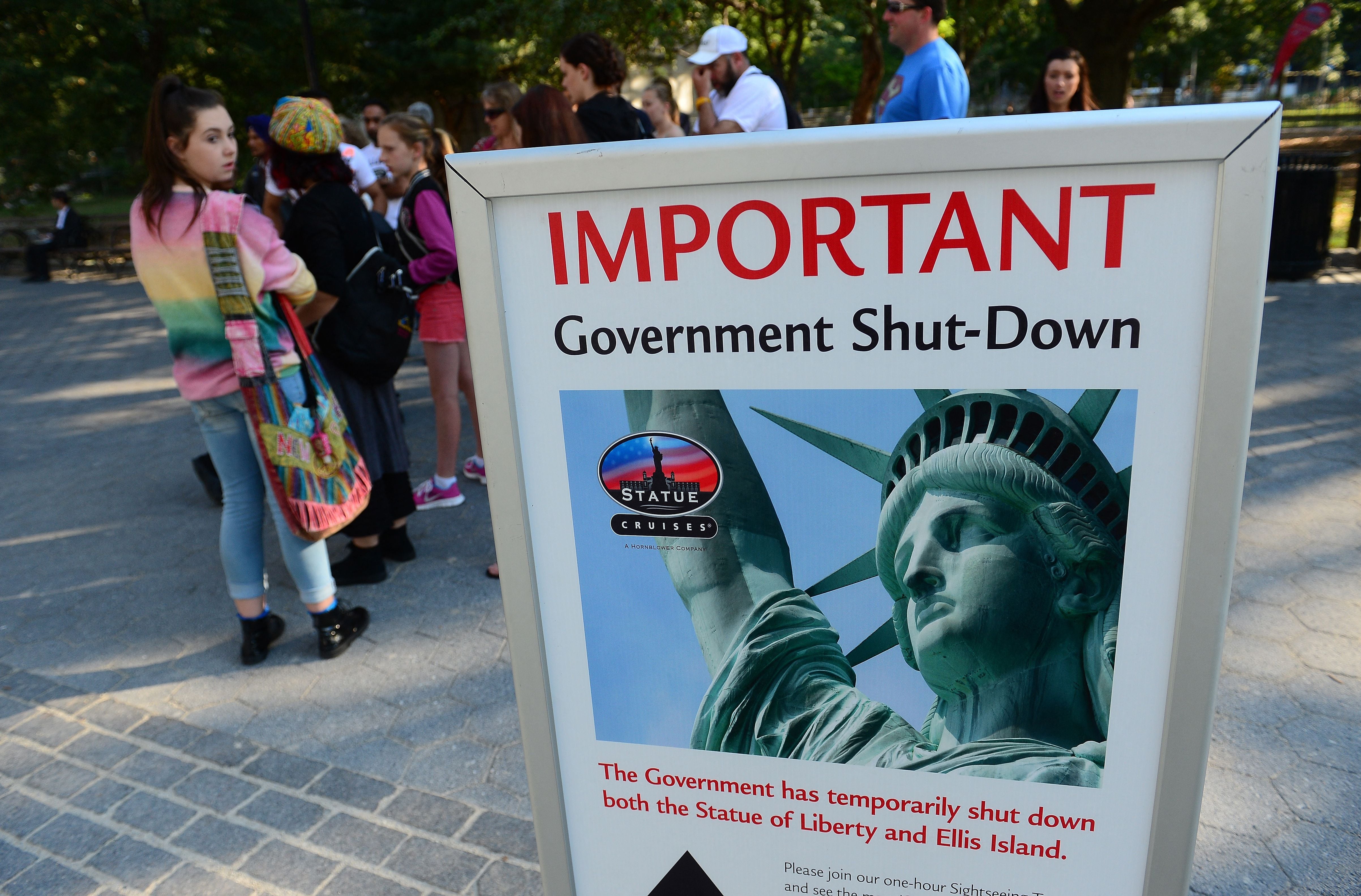WASHINGTON — Legislation to make U.S. manufacturers more competitive with China could instead end up swamping the military’s annual defense authorization bill in complex congressional negotiations, the Democratic chair of the House Armed Services Committee warned Tuesday.
The comments from Rep. Adam Smith, D-Wash., came in reply to new plans from Senate Majority Leader Chuck Schumer, D-N.Y., to merge the sweeping $250 billion U.S. Innovation and Competition Act of 2021, or USICA, with the $740 billion National Defense Authorization Act when it’s introduced in the Senate. Smith said he was open to trying, but it would not be easy.
“I believe in the ability of people to reason together, but it takes time,” said Smith, who overlapped with Republicans earlier this month to criticize Schumer over a two-month delay in advancing the NDAA. “We’re having those conversations and we’re engaging, but waiting until mid-November to launch this effort ramps up the degree of difficulty significantly.”
The House has wrestled for weeks with its own China competition legislation. On Tuesday, Smith said the Science Committee, Ways and Means Committee and Higher Education Committee have concerns with the Senate bill. As does the Foreign Affairs Committee, which passed its own similarly-focused bill in July with only Democratic support.
“It’s an important piece of legislation and if we can get it done, that’d be great,” Smith said. “But it’s also a very large and very complicated piece of legislation with a lot of committee chairmen who are interested one way or the other.”
The comments came hours after Schumer announced at his weekly press conference that USICA, which includes $52 billion to build up domestic production of semiconductors, would be included by procedural means when debate on the Senate NDAA begins Wednesday.
Schumer said he has had several conversations with President Joe Biden and House Speaker Nancy Pelosi, D-Calif., on the matter. House Majority Leader Steny Hoyer told reporters Tuesday he thinks the House should pass its own version of USICA first “and then we can have a conference with the Senate.”
Schumer said Tuesday at his weekly press conference that now was the time to act on USICA, arguing it would “will put more Americans to work in every corner of the country and will relieve our overburdened supply chains, including ensuring a steady supply of domestic-made semiconductor chips so vital to our economy.”
“The chip shortage is not some abstract issue― it’s impacting the daily lives of Americans,” Schumer said. “Cars, refrigerators and other household appliances require chips. Supply shortages means Americans are left waiting a long times for these essentials.”
Schumer’s maneuver would likely add some momentum for USICA, which has been stalled in the House since the Senate passed it in March, 64-32. The NDAA is a piece of annual legislation that has been passed into law for the last 60 years, often with broad bipartisan support.
The defense authorization measure includes language formalizing the annual military pay raise and equipment purchasing priorities. This year, House and Senate drafts of the bill include sweeping changes to the Uniform Code of Military Justice regarding sexual assault and harassment cases as well as strategic priorities related to Russia and China.
The House finalized its draft of the measure in September, but a version passed by the Senate Armed Services Committee has been awaiting a full chamber vote since July.

The delays have added pressure on congressional leaders charged with reconciling the House and Senate versions into a final bill. Ahead of that process, the bill faces a tight turnaround before the Senate’s Thanksgiving recess starts Saturday ― though the Senate’s No. 2 Democrat would not rule out a schedule change to accommodate the NDAA.
“Nothing is sacred when it comes to politics,” Sen. Dick Durbin, D-Ill., told reporters Tuesday. “We’ve been here Christmas Eve, we’ve been here New Year’s Eve.”
Flanking Schumer on Tuesday, Sen. Jack Reed, D-R.I., said he applauds the majority leader’s plan to package USICA with the NDAA. Asked later whether that creates a headwind for the defense legislation, Reed expressed confidence the matter would eventually be resolved in bicameral negotiations.
“We’ve had situations before where they’ve had provisions which we haven’t considered,” Reed said of the House. “We negotiate in conference, and every year we come to a conclusion and vote on that conclusion.”
Senate Emerging Threats Subcommittee Chairman Mark Kelly, D-Ariz., said passing USICA into law is a matter of economic and national security.
“This will strengthen our supply chain and create high-paying jobs in Arizona and in other states that already are leaders in microchip development and production,” Kelly said. “But this plan has sat idle in the House of Representatives since we passed it in June. Folks, there is no more time to waste on this. We need to get this passed.”
Schumer also faces opposition on his side of the aisle. Senate Budget Committee Chairman Bernie Sanders, a Vermont Independent who caucuses with Democrats, said in a statement he opposes USICA’s inclusion in the defense bill, which he also opposes.
Sanders called USICA “corporate welfare, with no strings attached, for a handful of extremely profitable microchip companies” and said he opposes its inclusion of $10 billion toward a NASA project contracted to Jeff Bezos’s space company, Blue Origin, as a “handout.”
“Combining these two pieces of legislation would push the price tag of the defense bill to over $1 trillion — with very little scrutiny,” he said in a statement. “Meanwhile, the Senate has spent month after month discussing the Build Back Better Act and whether we can afford to protect the children, the elderly, the sick, the poor and the future of our planet. As a nation, we need to get our priorities right. I will vote ‘NO’ on the National Defense Authorization Act.”
Though Republican leaders had pushed Democrats to send the NDAA to the Senate floor, some were skeptical on Tuesday.
“It’s like everything else that’s been happening around here” under Democratic control of the Senate, said the Senate Foreign Relations Committee’s top Republican, Jim Risch of Idaho. “They have a grandiose 50-pound plan they’re trying to put into a 10-pound bag, and it’s not working. That is not a recipe for getting things done.”
Joe Gould was the senior Pentagon reporter for Defense News, covering the intersection of national security policy, politics and the defense industry. He had previously served as Congress reporter.





